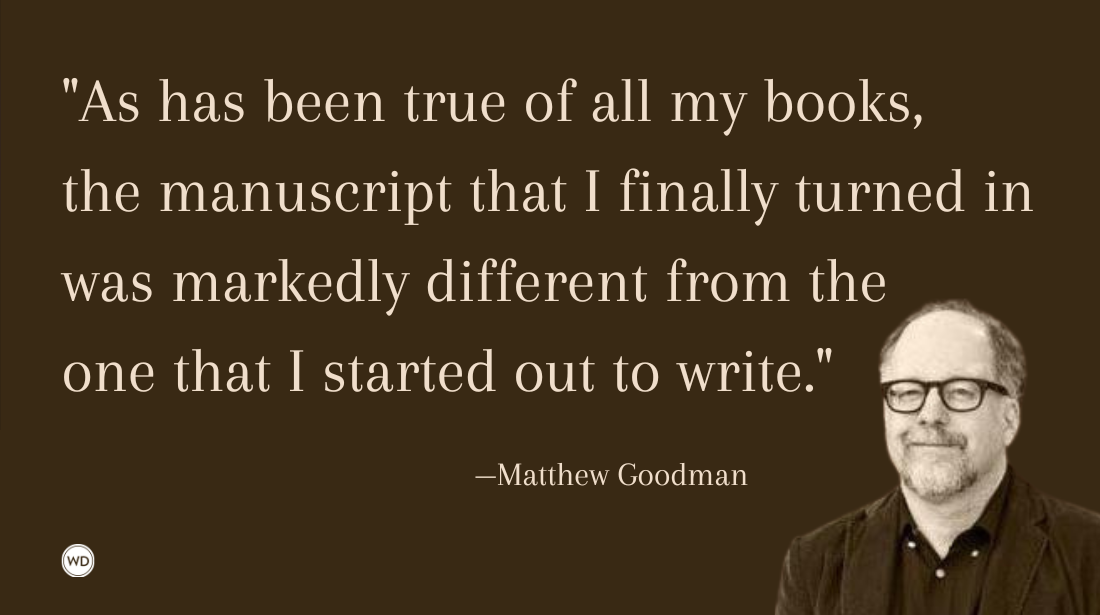Conscience vs. Conscious (Grammar Rules)
Learn when to use conscience vs. conscious on with Grammar Rules from the Writer’s Digest editors, including a few examples of correct usages.
Are you conscious? Do you have a conscience? I hope the answer to both questions is yes, and we'll dive into why below. If you answered no to either, then I'll be more than a little concerned.
So let's look at the differences in conscience and conscious.
Conscience vs. Conscious
Conscience is the understanding of moral goodness or wrongness. It can also mean conformity to that understanding of morality and/or a regard for it.
Conscious, on the other hand, means that you're aware of your surroundings. In other words, it means you perceive your surroundings. It can also mean that you do things intentionally by making "conscious decisions."
Make sense?
Here are some examples:
Correct: Her conscience wouldn't allow her to accept a gift at someone else's expense.
Incorrect: Her conscious wouldn't allow her to accept a gift at someone else's expense.
Correct: He couldn't move after the accident, but he was conscious enough to say his name.
Incorrect: He couldn't move after the accident, but he was conscience enough to say his name.
A person can be conscious but not have a conscience, and a person can have a conscience but not be conscious, though it's often preferable to have a conscious person who has a conscience.
*****
No matter what type of writing you do, mastering the fundamentals of grammar and mechanics is an important first step to having a successful writing career.
Robert Lee Brewer is Senior Editor of Writer's Digest, which includes managing the content on WritersDigest.com and programming virtual conferences. He's the author of 40 Plot Twist Prompts for Writers: Writing Ideas for Bending Stories in New Directions, The Complete Guide of Poetic Forms: 100+ Poetic Form Definitions and Examples for Poets, Poem-a-Day: 365 Poetry Writing Prompts for a Year of Poeming, and more. Also, he's the editor of Writer's Market, Poet's Market, and Guide to Literary Agents. Follow him on Twitter @robertleebrewer.








